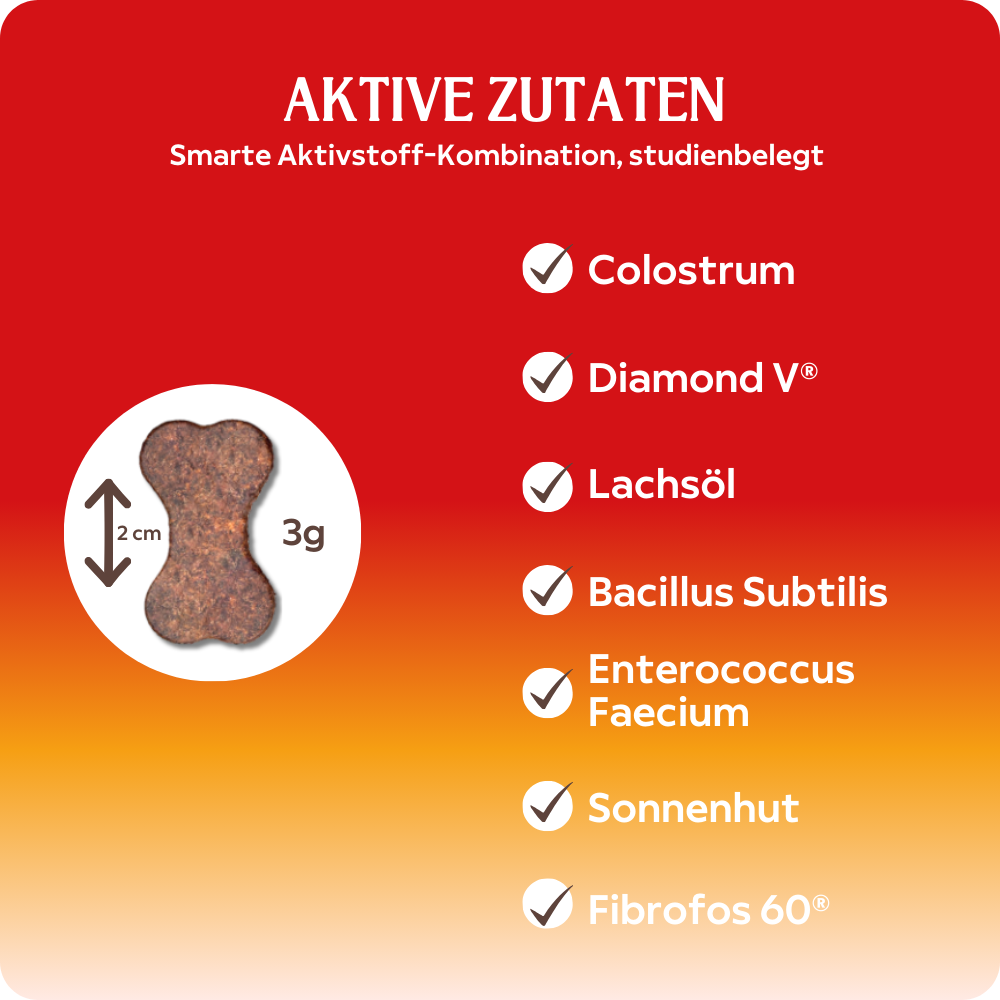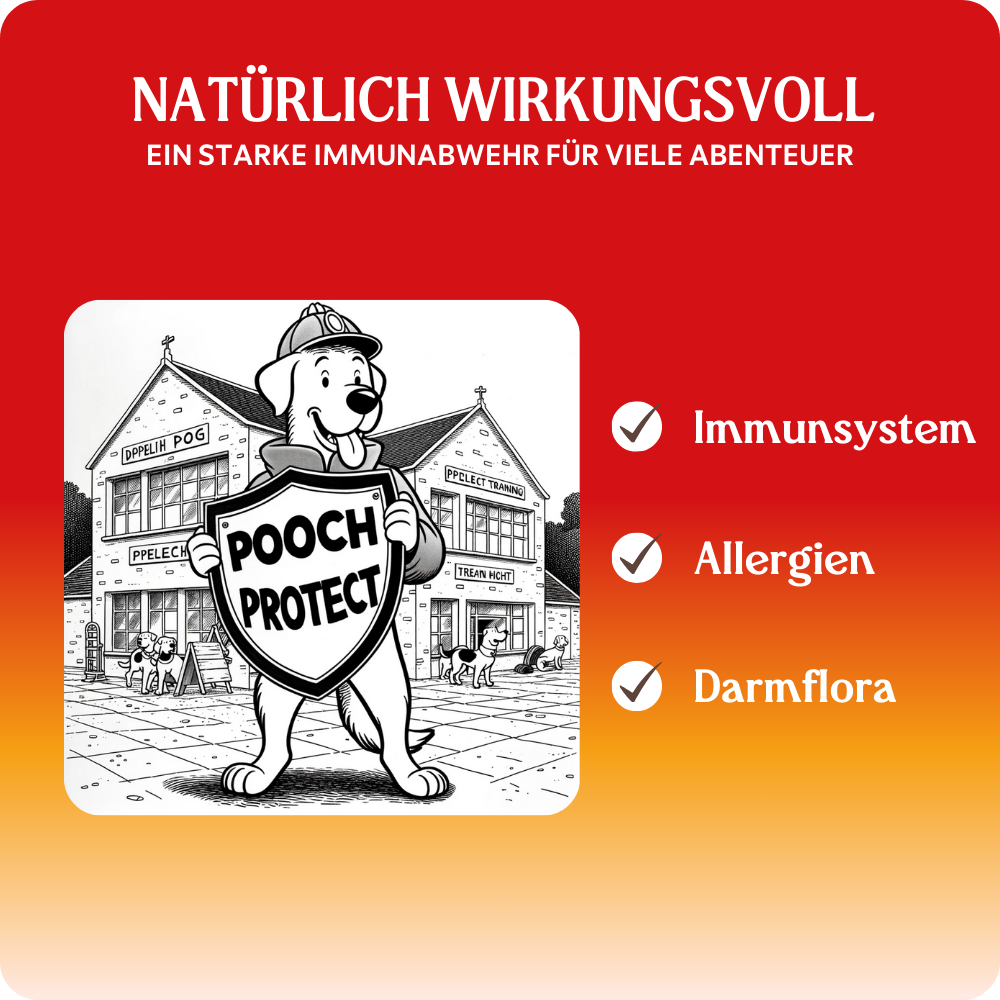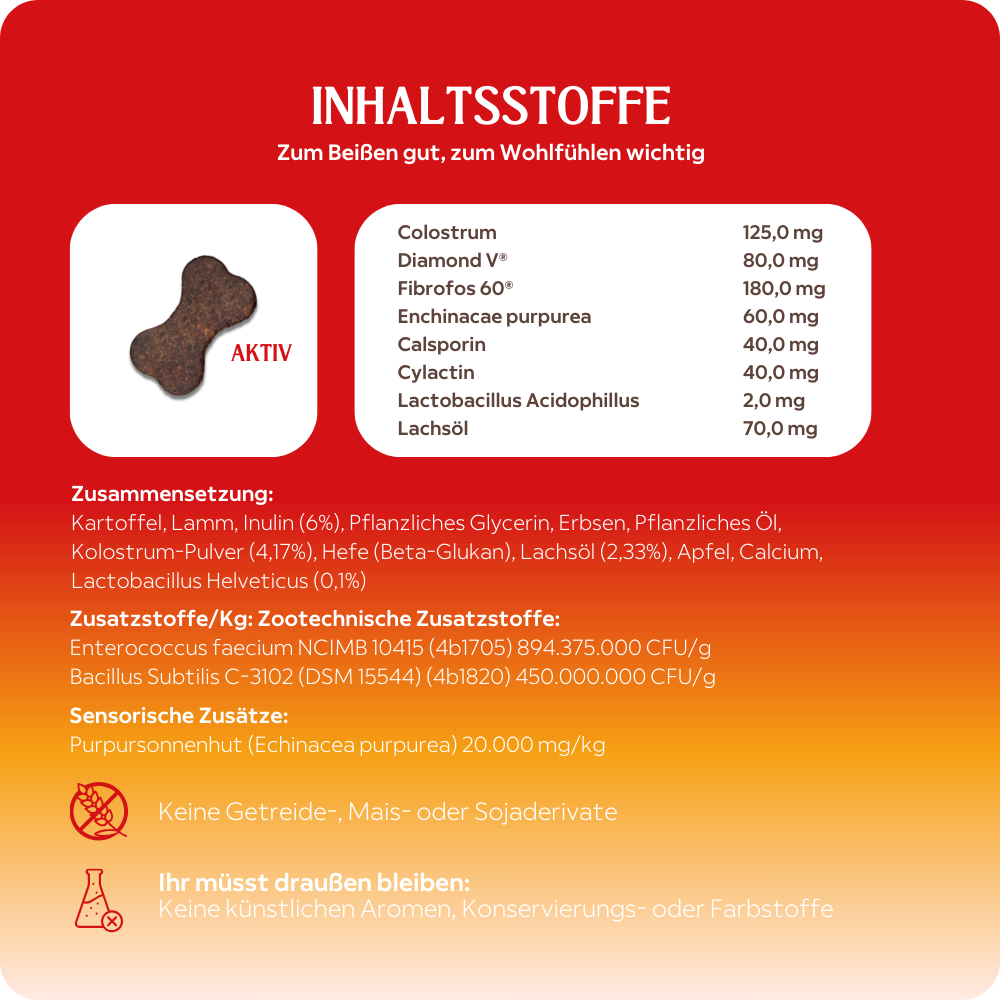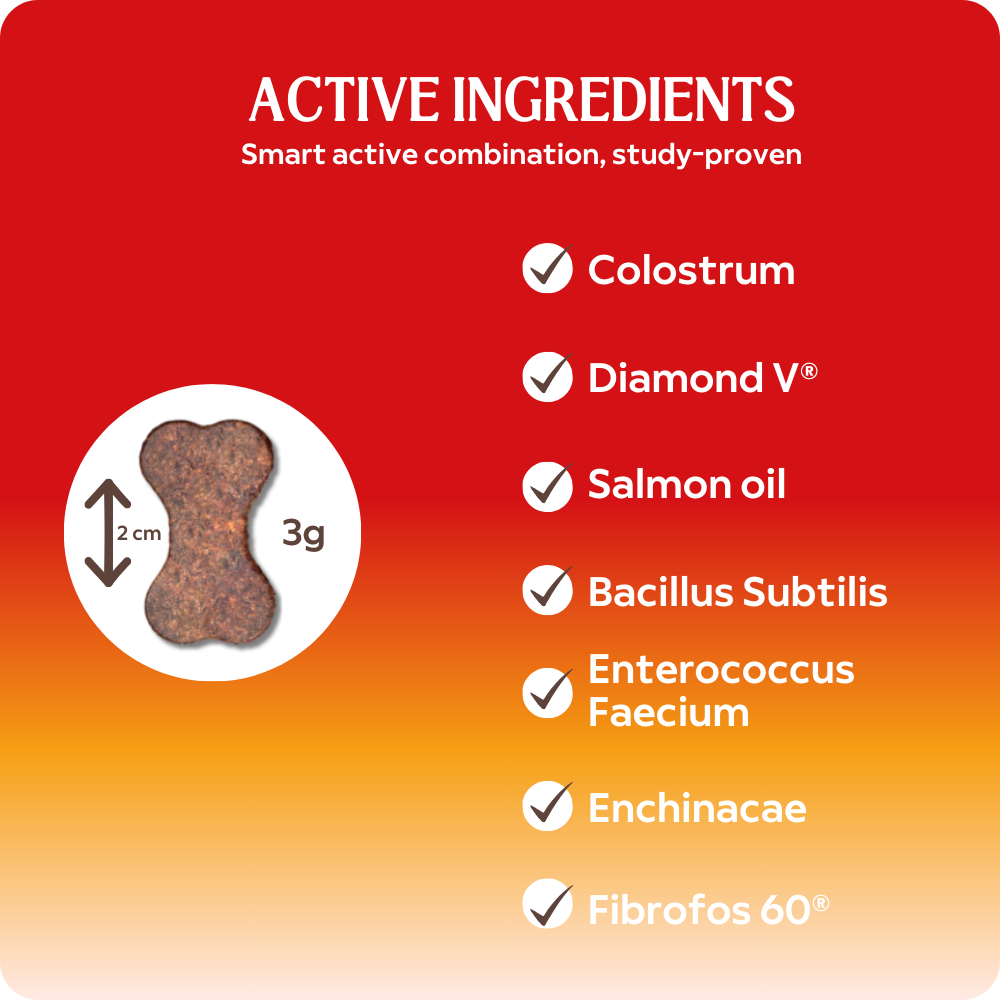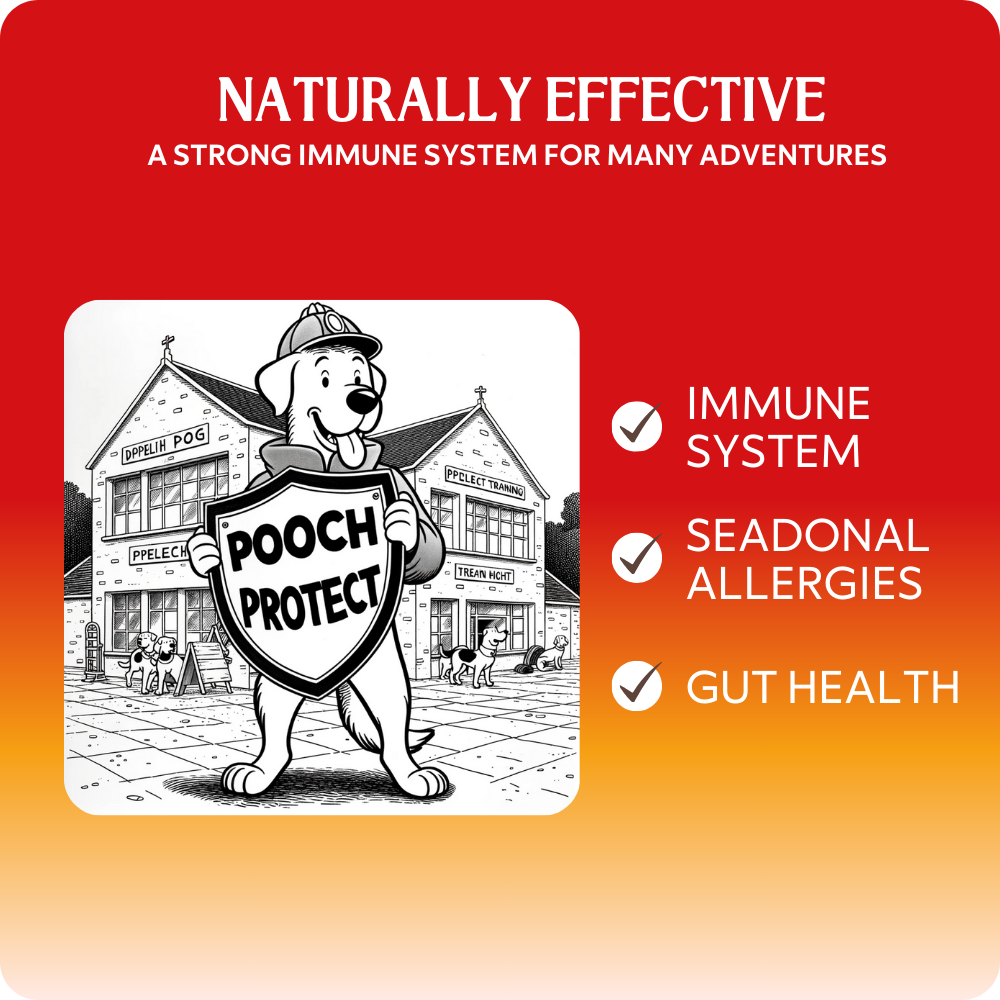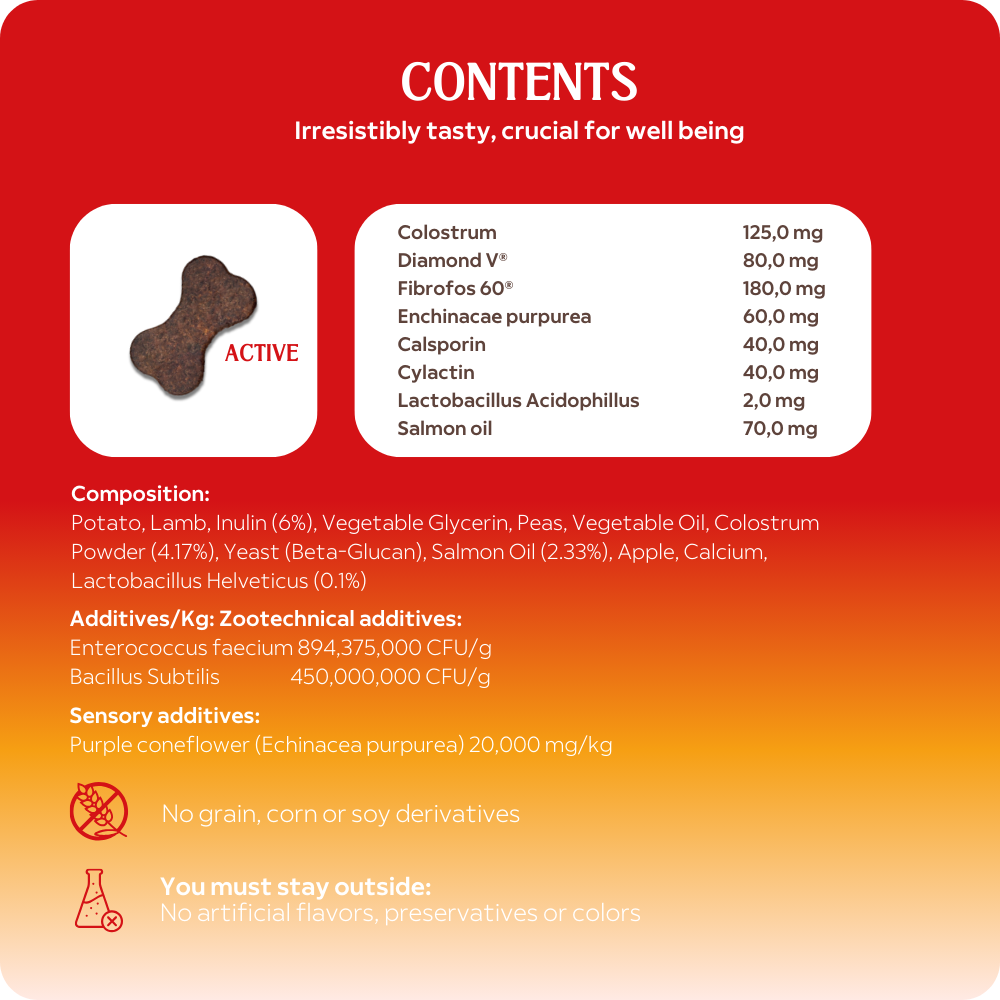If your dog is struggling with skin problems, itching or digestive problems, it could be due to an allergy. But what actually causes allergies in our four-legged friends and how can you help your furry friend? Together we will look at the world of dog allergies and give you tips to increase your pet's well-being.
Pollen and grasses: A fight against invisible particles
Dogs can also react allergically to pollen and grass, similar to humans. These allergies often manifest themselves as skin irritation, itching, redness and sometimes sore eyes.
Food allergies: When food becomes a problem
Some dogs develop allergies to certain proteins or other ingredients in their food. Diarrhea, vomiting or skin problems can be signs of a food allergy. An exclusion diet with the help of the vet can help with the diagnosis.
House dust mites: Small pests with a big impact
House dust mites can also trigger allergies for your dog. Here it is primarily the excrement of the mites that can cause allergic reactions such as skin inflammation and severe itching.
Veterinary advice: The path to a solution
An accurate diagnosis and treatment recommendation from the vet is essential to help your dog effectively. Skin and blood tests can reveal allergies and enable tailored treatment.
Conclusion: Active management for the benefit of your dog
Understanding allergy triggers and active management can significantly improve your dog's quality of life. With the right knowledge and support from your veterinarian, you can help alleviate the symptoms and give your dog a carefree life.










